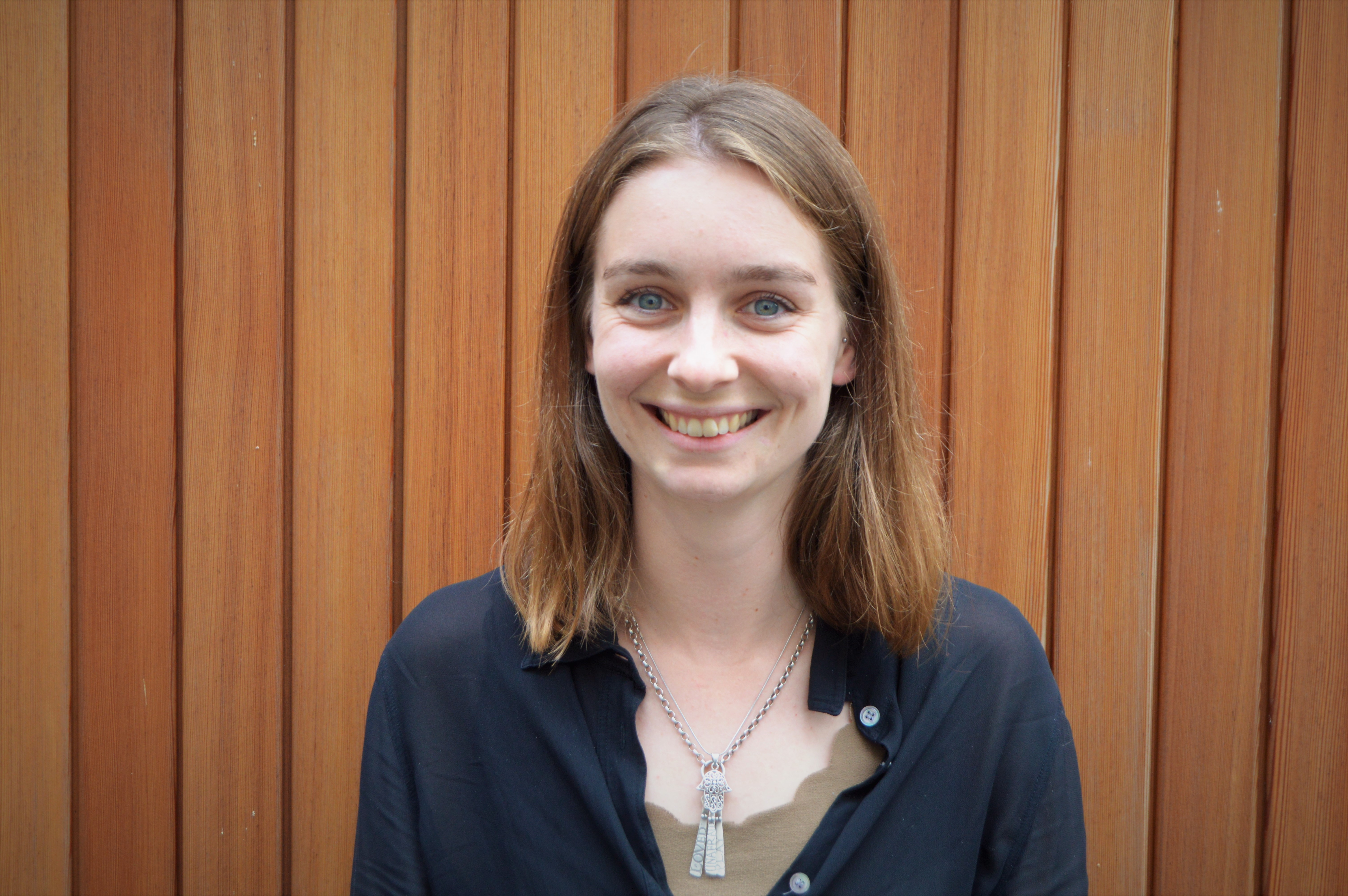August 2019
The public debate on plastics has, rightly, begun to evolve. It’s shifting from one concerned primarily with plastics in the oceans to a fuller reassessment of the total amount of waste and resources we use in our daily lives. Within this wider debate, ocean plastic is just one part of the problem of over consumption of single-use products.
When viewing the problem with this wider lens, the dangers of extensive resources use and poor waste management on the natural environment from chemical pollution, carbon emissions, land- and fresh water-based plastic pollution and air pollution become clear. Previously the plastics subgroup of the Marine Working Group at Link, we’ve evolved and broadened our focus to look at the problem holistically. We’ve newly formed as a standalone Resources and Waste Working Group. This new focus on all waste streams in all environments, is a stronger fit for the expertise and perspective that CPRE, the countryside charity, can bring to the group which is why I felt able to take on the role of Chair.
As a group, we established our collective positions on resources and waste and laid the foundations for this new group as we worked through the consultations put out by Defra and Treasury earlier this year. We’ll build on this to grow our impact and drive work forward, and will continue with the activity of early 2019 in being strategic and agenda setting.
We warmly welcomed Government’s recognition that we need a major overhaul of our waste and packaging systems alongside other measures to address the numerous problems associated with the proliferation of plastic but the commitments don’t go far enough. As the new parliamentary session begins, we’ll be seeking to ensure that the new Government increase their ambition in the following key areas:
Ensuring reduction and reuse are the priority: Virgin materials are resource- and carbon-intensive to create and plastic can only be recycled a finite number of times – but plastic production is set to quadruple by 2050. We therefore cannot rely on recycling alone to meet our current packaging crisis. The Government must set out a reduction-led strategy to phase out all non-essential, single-use packaging and transition to a refillable, reusable society
Commit to ensuring that substitution for other single-use items is not used as a solution: All materials have environmental consequences and we need to revolutionise the packaging system as a whole, rather than focusing on substituting one single-use material for another. We’re particularly concerned that the reforms will not prevent like-for-like substitutions with biodegradable, bio-based and compostable plastics which do not solve the problems associated with pollution in marine, terrestrial and aquatic environments.
Additionally, we’ll continue to urge the Government to implement these policy measures as soon as possible:
- a deposit return scheme for drinks containers of all sizes and materials
- an overhaul of extended producer responsibility (EPR) obligations
- to set legally binding targets to reduce the production and use of single-use plastic in the upcoming Environment Bill
- to promote a host of measures to catalyse a transition to reusable packaging along the supply chain
- to set clear standards for ‘biodegradable’, ‘compostable’, ‘oxo-degradable’ and ‘bio-based’ plastics based on scientific evidence, and introduce a moratorium on any further products that use this labelling from entering the market.
As a working group, we represent a broad range of environments, fauna and flora – and to have any hope of protecting or enhancing these, we’ll need advocate for a fundamental rethink of current consumption patterns, including through a wholescale transition to reusable alternatives and closed-loop recycling. It’s an ambitious task but we know the public is with us and we’re ready for the challenge.
Maddy Haughton-Boakes, Campaign Lead, CPRE and Chair of the Link Resources and Waste Group
Follow @maddyhhb and @CPRE
The opinions expressed in this blog are the author's and not necessarily those of the wider Link membership.




Latest Blog Posts